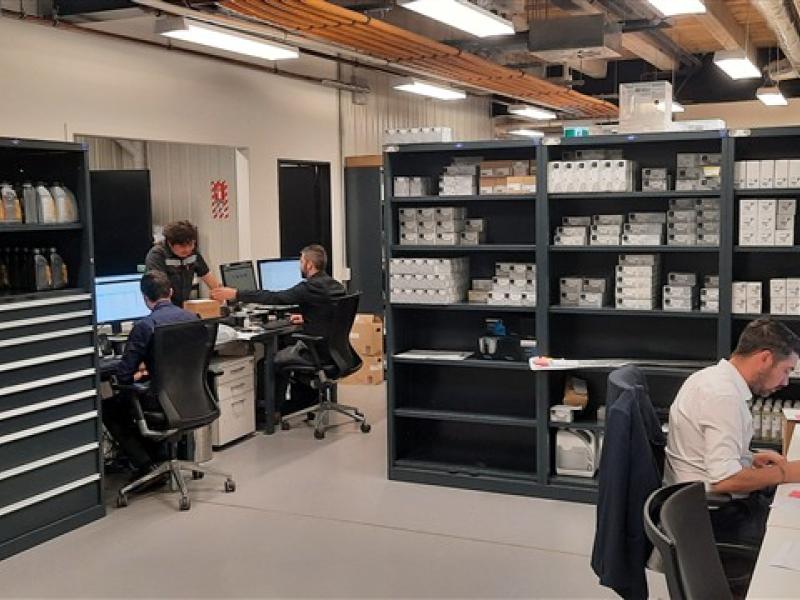Jo Douglas walks you through the consultation process when restructuring your business, and how to handle any redundancy compensation.
According to various commentators, we are again heading into a poor business outlook and talk of recession. Companies are starting to think about retrenchment and this is a global issue.
New Zealand businesses can be impacted by the flow-on effect from multi-national decision-making to reduce headcounts.
Small businesses will feel the pinch too. They can’t always reduce headcount without slashing reserves of talent. Recently we have been through a tight labour market and the challenges have been to secure and keep talent. Restructuring in 2020 in response to the pandemic also left some companies short when things reopened.
Will New Zealand businesses need to restructure to reduce costs against strong economic headwinds? Employers may need to ask themselves, is it really wise to reduce numbers given the ongoing issue with talent?
A more long-term view may be better if keeping staff on board can be economically sustained.
However, if it is decided that reducing headcount is needed, businesses should consider how they will go about it to ensure a smooth transition. Careful planning in advance is key.
What does a restructuring process involve?
In undertaking restructuring activity, employment law places emphasis on consultation before decisions are made.
Corporate decisions made offshore may restrict the length and genuineness of consultation that is carried out here. Similarly, in a small business, the desire to get the job done fast can be tempting.
However, rushed consultation canseriously impact an individual confronted with the loss of their job and their financial security.
In a recent case of the Employment Court1, a rushed conclusion to what was otherwise a clearly commercially justifiable redundancy resulted in a personal grievance and compensation payable. In this case, due to the loss of a service contract, redundancies were necessary. An intention to reschedule a consultation meeting was withdrawn due to the start of the first lockdown in March 2020, and final decisions were made quickly.
A previously offered extended four-week notice period was reduced to the contractual two weeks’ notice period, with little time for comment on this change to the proposal.
The Court found that these process flaws supported a claim to unjustified action causing disadvantage.
What is consultation?
What a good consultation process looks like is not difficult. However, as noted above, it should not be rushed or cut short. It involves giving people time to express their views, giving them enough information to understand a proposal, and taking on board their comments and ideas. The purpose of consultation is to consider ways that termination may be avoided.
Factors to consider might include alternative proposals which still achieve the company’s stated objectives for the restructuring, or it might involve alternatives more personal to the individual, such as re-training or redeployment.
Does redundancy compensation ease the way?
Some companies opt for the approach to provide redundancy compensation where it is not contractually due, to ensure a smooth transition for the individual concerned.
Redundancy compensation is not a requirement in New Zealand law. It is a purely contractual entitlement. Where employees are facing the loss of their job, but with all their financial commitments in front of them, they will commonly look for some form of compensation. Considering what financial compensation you might be willing to provide prior to entering into a process is a wise planning move. It may avoid employees looking for other arguments to support a payment on termination.
How to avoid legal claims
Aside from being upfront about possible compensation, the best path is to treat people with respect and dignity. Easier said than done? It can be tempting to get an expert to assist.
However, I have recently observed that the task of delivering dignity cannot be outsourced to a third party, such as an outplacement provider, or HR consultant. These consultants can assist you, and it is wise to get help, particularly if consultation is foreign territory.
However, in cases where the first and/or final advice that someone’s job is on the line comes from a third-party consultant – you will inevitably deepen, not lessen, the sense of grievance for the individual.
In conclusion
• Be honest and up front about what is impacting the business and what is being proposed.
• Allow and respect genuine input from your staff. They may have some good ideas to help move things forward.
• Pressure to respond quickly to economic or external factors should not result in a predetermined or rushed consultation process.
Remember that redundancy shouldn’t be used as a solution for other performance or difficult issues. That will involve a courageous conversation for another day.
This article is written for the purposes of providing general information only and is not intended to be legal advice.
Jo Douglas is a partner at Douglas Erickson, employment lawyers. Email: jo@douglaserickson.co.nz






